Mediation of a longstanding conflict in the Volta River Basin
Ban Ki Moon, former secretary-general of the United Nations, has said that water should serve as a “catalyst for cooperation not conflict among communities and countries.” Citing examples in his remarks at the 2013 Budapest Water Summit, he mentioned a high-level political agreement on the Nile River Basin, regional diplomacy in Central Asia and European protection of transboundary watercourses.
If he or his successor, António Guterres, were to give the same speech today, a more complete picture of the world´s catalysts for water cooperation might include smallholder women farmers from Africa’s Sahel. Particularly those who play an effective role in peacefully resolving conflicts between competing uses for water. By bringing these women’s important contribution out into the open, we offer an instructive example from water management of “women in the changing world of work” – the United Nations theme of International Women´s Day in 2017.
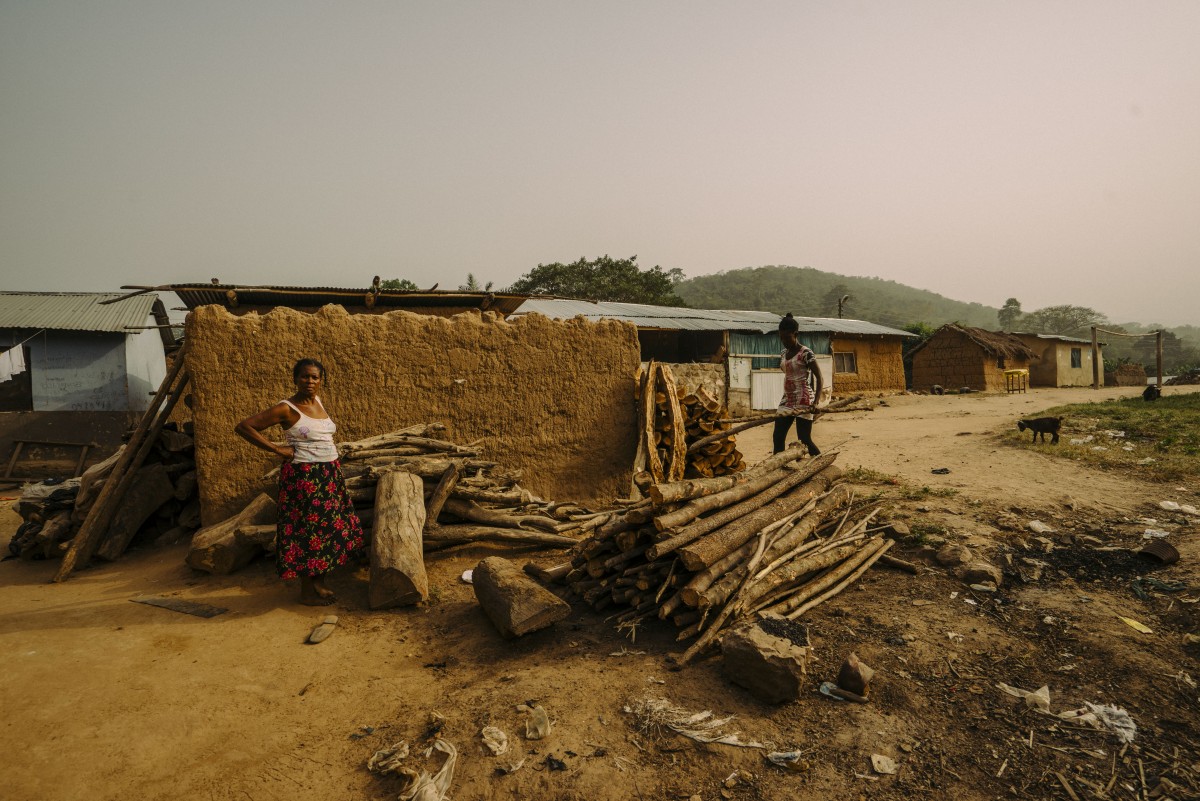
In rural settings, women are not typically seen as political activists or public figures involved in front-line negotiations. Yet, according to a new CGIAR study, they do help resolve potential conflicts around the use and benefits of land and water, working through diplomacy and facilitation with the main parties involved. The research underlines why it is important for scientists working on smallholder farming systems to get beyond simplistic notions on gender relations, which sometimes give rise to misunderstandings about rural women’s roles and responsibilities.
Conducted by Augustine Ayantunde of the International Livestock Research Institute (ILRI), in partnership with the International Water Management Institute (IWMI), the study focused on five small reservoirs in Northern Burkina Faso. The results were published recently as an IWMI Working Paper, titled “Multiple Uses of Small Reservoirs in Crop-Livestock Agro-ecosystems of the Volta River Basin with an Emphasis on Livestock Management.”
Ayantunde and his co-authors underline the need to empower local water-use associations, making the leadership more representative of those who have a stake in peaceful co-existence between the main users of the small reservoirs. The paper gives particular attention to the role of women in fostering constructive dialogue about water use among different beneficiaries. Women farmers are the main users of the small reservoirs, growing vegetables under irrigation, whereas mostly men and boys use them to water livestock, with more than 40 percent of all users under the age of 16.
Occasional flare-ups between these groups are rooted in patterns of cooperation and conflict between pastoralists and sedentary farmers (engaged in mixed crop-livestock production) that go back many generations. Their coexistence has come under increasing pressure because of rapid growth in the human population and worsening scarcity of land, water and animal fodder.
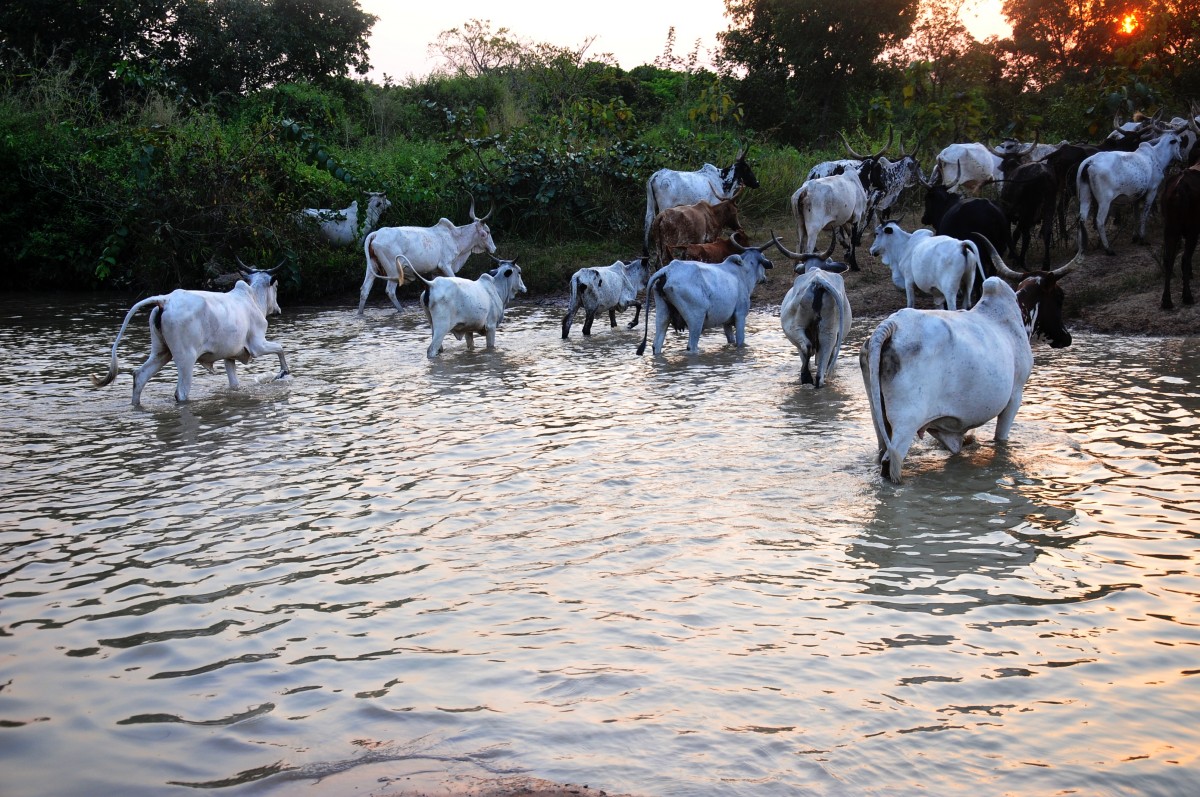
In response to a series of severe droughts, governments in the Sahel began creating large numbers of small reservoirs during the 1980s. These are defined as having dams no higher than 10 meters and normally covering areas of 3 to 30 hectares. Intended mainly to help pastoralists, the uses for these reservoirs has diversified from watering livestock to irrigating crops, particularly high-value vegetables, as well as fishing, brick making, aquifer recharge and domestic use.
Researchers examined the dynamics involved in multiple uses of water and land around the small reservoirs, giving particular attention to the effects of livestock management practices. They observed that the main pressure points are rapid expansion of irrigated vegetable production and increasing livestock numbers, which have led to increased competition for water. Two concerns that farmers identified are the slow deterioration of small reservoir capacity resulting from sedimentation and the expansion of irrigation on land around the reservoirs, which blocks the passage of thirsty animals, causing crops to be trampled and eaten.
Much is at stake for the livelihoods of women and men, as population and environmental pressures in the Sahel continue to build. So, it is more urgent than ever to support rural women diplomats, as they pursue peace through persuasion for sustainable water use.
With funding from the European Commission and technical support from the International Fund for Agricultural Development (IFAD), the research was conducted as part of the CGIAR Research Program on Water, Land and Ecosystems (WLE), supported by the CGIAR Fund donors.
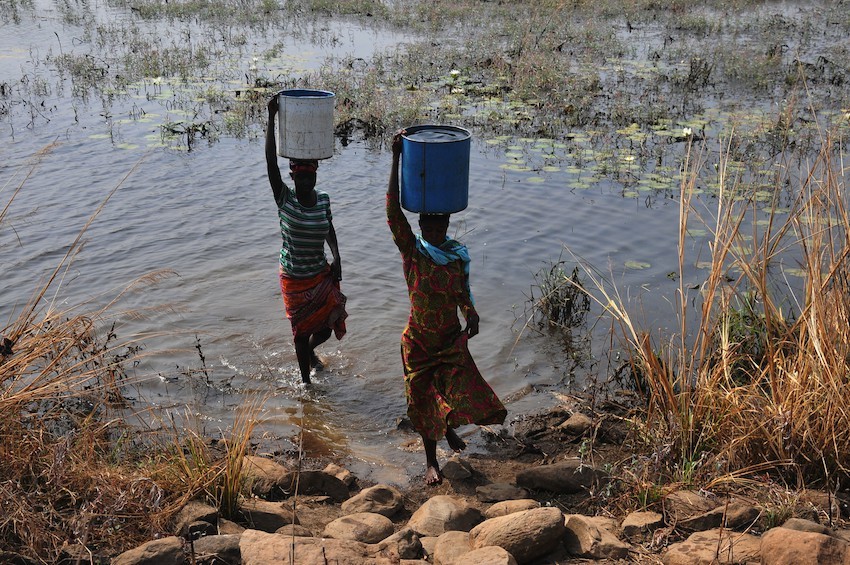




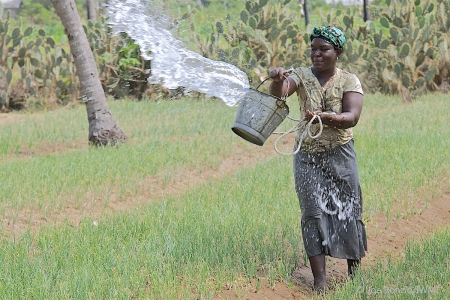


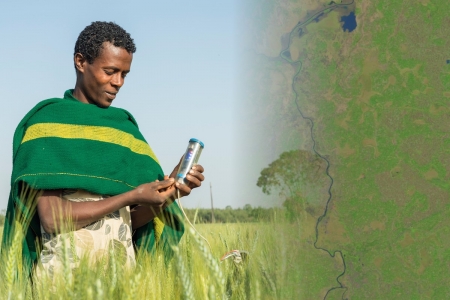


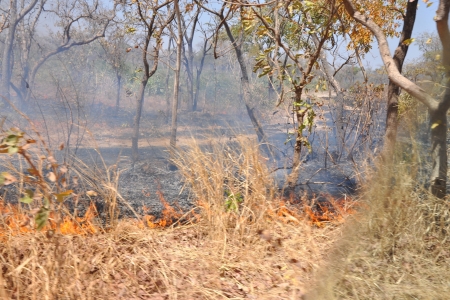

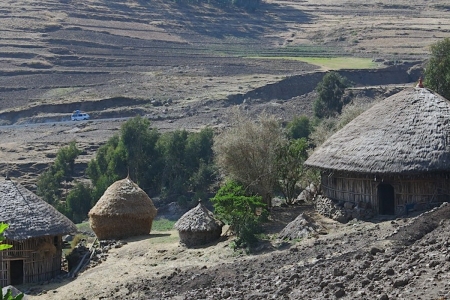
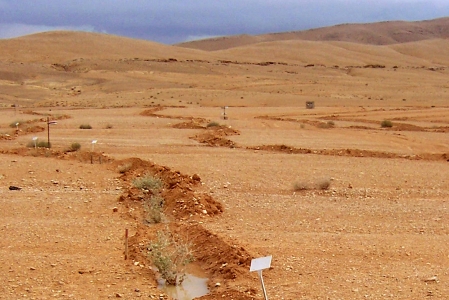



Comments
A good study examining crop-livestock & Land and Water dynamics in the Sahel region.
My concern is how is the sustainable use of these small reservoirs (3 to 30ha) in the event of climate variability?. As it's witnessed stronger and violent winds and high temperature haves resulted increasing evapotranspiration over time, which ultimately reduce the availability of stored surface water in these small reservoirs. Of course the rise of vegetable production area and increased number of livestock (as highlighted in the study )are other concerns..
Thanks Birhanu.
This is from the authors of the paper Dr. Jennie Barron and Dr. Augustine Ayantunde
Without the storage capacity that small reservoirs offer for local communities, livelihood and well-being would be significantly less resilient towards the weather challenges of the Sudano Sahel. In this aspect , Burkina Faso Ghana and Mali have had an advantage by the large investments done in the 80-90s of small reservoirs. However , for these reservoirs to continue to thrive under more challenging weather , they now need restoration, recuperation and improved management for the multiple use that has evolved. What we find interesting in our research is that because of the multiple use of the small reservoirs , benefiting men and women , incl young, and both crop and livestock parts of agrcultural systems , there are also examples of co-management among communities. To strengthen this co-management among communities, it is necessary to build the capacity of the local water users associations, particularly for the small reservoirs. For the Sudano Sahel farmers and pastoralists to prosper , we think there is need for more water infrastructure in the region , and also a a call for funds for restoring the current capacity of the existing small reservoirs . The small scale distributed water infrastructure can benefit more communities and build better resilience than a few large dams /reservoirs located in the few large rivers.
nice post.keep sharing